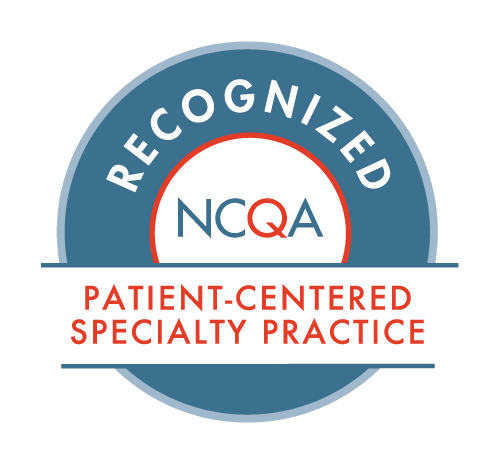Dyslipidemia: Cholesterol and Heart Health
- Posted on: Sep 30 2024
Dyslipidemia refers to lipid imbalances in the bloodstream. It can lead to cardiovascular complications when not treated, including heart attack and stroke. Fortunately, this condition can be effectively managed to reduce your risk for its related problems.
Here’s a closer look at the link between dyslipidemia and heart health, and how to request an appointment with Hunterdon Cardiovascular Associates if you may need treatment.
What Is Dyslipidemia?
Dyslipidemia is a condition characterized by abnormal levels of lipids in the blood, including high-density lipoprotein (HDL), low-density lipoprotein (LDL), and triglycerides.
HDL is “good” cholesterol, but having low levels of HDL may increase your risk for heart attack and stroke. LDL is “bad” cholesterol that can build up on the walls of your arteries to cause atherosclerosis and other heart problems. Triglycerides are stored in fat cells and released as energy when needed, but they can build up in the bloodstream if not burned off.
Dyslipidemia affects millions of people worldwide. The latest data shows that about one-third of U.S. adults over the age of 20 are living with high LDL.
Are Dyslipidemia and High Cholesterol the Same Thing?
The terms “dyslipidemia” and “high cholesterol” are sometimes used interchangeably, but they do not mean the same thing. High cholesterol is one component of dyslipidemia, while dyslipidemia can refer to an imbalance in one or more of the three lipids.
How Does Dyslipidemia Affect Heart Health?
Dyslipidemia produces a number of effects that can compromise your heart health.
For instance, it can trigger inflammation in the blood vessels to promote the development of atherosclerosis and induce oxidative stress that damages cells and tissues involved in heart function. It also interacts with obesity, diabetes, and other metabolic disorders to increase the risk for complications, and it alters the structure of the heart muscle to cause fibrosis, cardiac hypertrophy, and arrhythmias.
Can Dyslipidemia and High Cholesterol Be Prevented?
Yes, it is possible to prevent and reduce your risk for dyslipidemia and high cholesterol, even if you meet risk factors for these conditions.
Prevention strategies include:
- Seeing a cardiologist for routine dyslipidemia screening
- Eating healthy whole foods, including fruits, veggies, whole grains, and healthy fats
- Avoiding foods high in cholesterol, trans fats, saturated fats, added sugars, and salt
- Exercising for at least 150 minutes a week
- Maintaining a healthy weight
- Not smoking
- Limiting alcohol intake
- Managing comorbid conditions, including diabetes, high blood pressure, and liver disease
What Are Treatments for Dyslipidemia?
Treatment for dyslipidemia usually depends on the type you have. For instance, if your HDL levels are too low, your cardiologist may recommend modifying your diet and eating a higher amount of heart-healthy foods such as fruits, veggies, and fish.
Dyslipidemia treatment options typically include:
- Dietary changes
- Regular exercise
- Weight management
- Smoking cessation
- Reducing your alcohol intake
- Statins, a medication that may reduce LDL levels
- Cholesterol-controlling drugs, including ezetimibe and PCSK9-inhibitors
If you are diagnosed with dyslipidemia, your cardiologist can work with you to find and develop the right treatment plan.
Contact Hunterdon Cardiovascular Associates at (908) 788-1710 to take charge of your heart health. We can evaluate your condition and discuss your available treatment options.
HCA is committed to providing the highest quality of care in a patient-centered environment. Our offices are conveniently located in Flemington, Clinton, and Bridgewater. We also have subspecialty offices available to ensure our patients receive the proper care for their condition.
Posted in: Uncategorized



